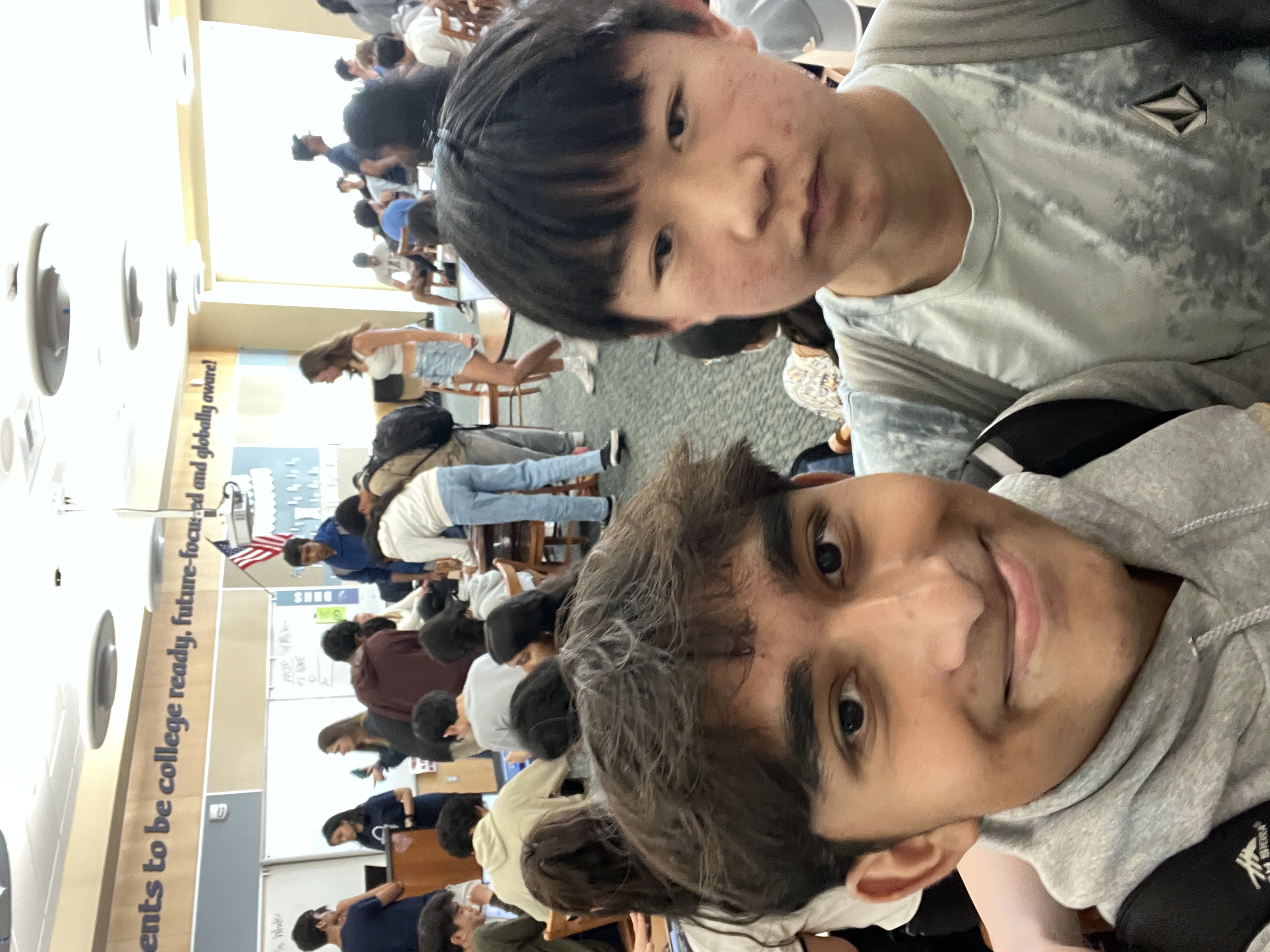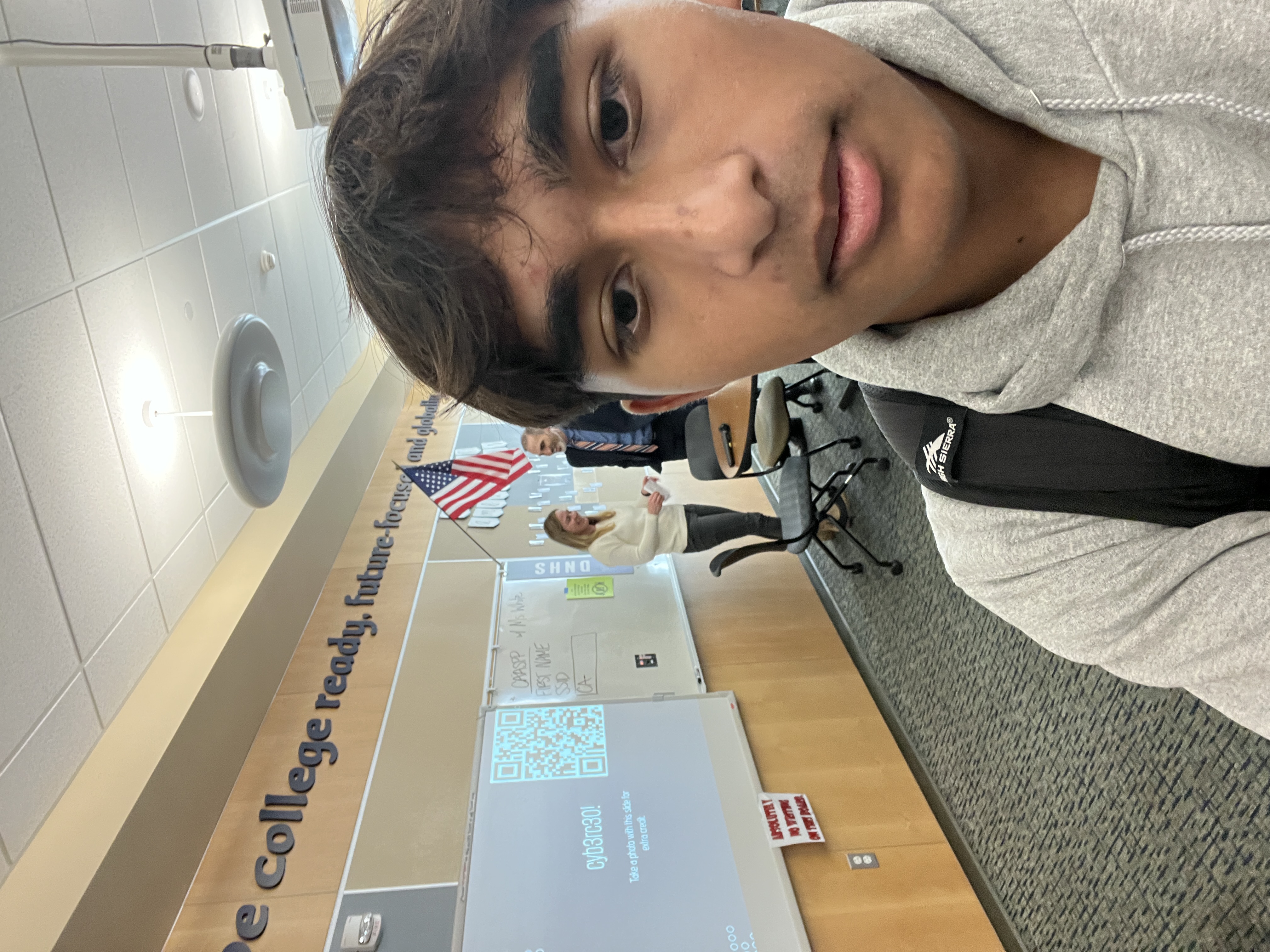What I Learned from the Cybersecurity Panel
My Experience
Recently, I had the chance to attend a cybersecurity panel that completely shifted the way I see the field. Going in, I honestly thought cybersecurity was just about strong passwords, antivirus software, and people sitting behind screens typing code. But what I walked away with was a much deeper understanding of how complex, human, and impactful this field really is.
Three professionals—David Tomasz, Victor Nzeata, and Tricia Mercer—each shared their journeys in cybersecurity. They came from very different paths, but all of them showed how curiosity, persistence, and responsibility can shape a meaningful career. What really struck me was how small actions—like writing a script or asking questions—can prevent massive problems.
David Tomasz – Ethical Hacker
David is an ethical hacker, and honestly, his story surprised me the most. He didn’t even start out wanting to work in cybersecurity, but once he got into it, he discovered a real passion. Now, he uses his skills to help track down cybercriminals and protect people online.
What I took away:
- You don’t have to have it all figured out from day one. Sometimes the path you least expect can become something you love.
- Hacking isn’t always bad—it can actually be used to protect others and make the internet safer.
- It is important to have a strong foundation in anything whether it is coding or anything else
- MAKE NETWORKS AND CONNECTIONS IN ANY FIELD
- Enjoy what you do, no matter what
Victor Nzeata – Data Security Specialist
Victor’s job is to keep sensitive company data safe—and he talked about how even forgotten or outdated data can be a major security risk. He created a simple PowerShell script to help companies clean out leftover files that could be used by hackers.
What I learned:
- Even things you think don’t matter—like old files—can come back to haunt you.
- You don’t need a massive project to make a difference. One well-written script can improve an entire company’s security.
Tricia Mercer – Internal Threat Tracker
Tricia’s story felt like something out of a movie, but it was very real. She told us about a time she discovered a former employee who still had access to company systems—and was stealing and selling information. Her curiosity and persistence helped stop it. What inspired her? A book about spy tracking and her mom telling her that “computers are the future.”
What stuck with me:
- Just because someone is on the inside doesn’t mean they’re safe—you have to be alert.
- Cybersecurity isn’t just code and firewalls—it’s about asking questions, noticing the little things, and speaking up when something feels off.
My Reflections
This panel made me realize how human cybersecurity really is. It’s not just technical—it’s emotional, ethical, and deeply tied to the choices people make. I used to think cybersecurity was for “tech geniuses,” but now I see it’s something that anyone who’s observant and thoughtful can be part of.
I also saw myself in all three speakers.
- Like David, I’m still figuring things out—but that’s okay.
- Like Victor, I want to create tools that make things safer, even in small ways.
- Like Tricia, I want to be the kind of person who notices the things that others miss.
Moving Forward
I left that panel feeling more inspired and motivated than I expected. I want to:
- Learn more about how ethical hacking works and how it’s used for good
- Try building small tools or scripts that solve real-world problems
- Pay closer attention to how I use technology and how I protect my own data
- Stay curious, ask more questions, and trust my instincts
More than anything, I now see cybersecurity not just as a career path—but as a responsibility. A way to protect people, prevent harm, and create safer spaces online. And I’m excited to learn more and see how I can contribute in my own way.

